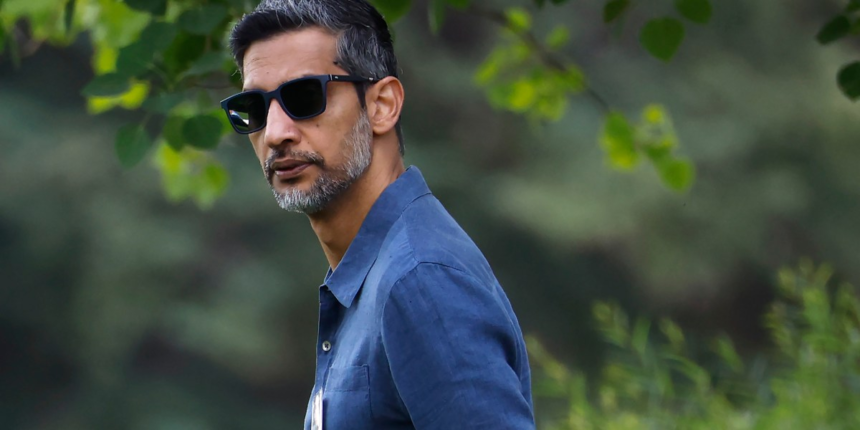For companies serious about succession, the question isn’t just why McKinsey has this record, but how to emulate it to strengthen internal pipelines.
The firm’s method is as rigorous as it is intentional, more than a dozen former and current McKinsey alumni told me. From day one, new consultants rotate across industries, geographies, and functions, adapting on the fly and mastering unfamiliar businesses. They are expected to deconstruct sprawling problems, craft solutions, and win over skeptical executives—often while still in their 20s. That early exposure to high-stakes decision-making accelerates judgment and builds the confidence boards later crave in C-suite leaders, according to consultants-turned-CEOs.
Equally critical is McKinsey’s culture of constructive dissent. Hierarchy matters less than ideas, and consultants are trained to challenge assumptions and present counterarguments, even to senior partners or client CEOs. This discipline, debating until the best idea survives, teaches future leaders to welcome scrutiny, pressure-test their own reasoning, and make tough calls with limited information.
For those in their early to mid-career, relentless feedback deepens the learning. Reviews are frequent, unsparing, and are paired with coaching from senior partners and an “up-or-out” model that demands growth or exit. Those who rise acquire a habit of continuous improvement and the resilience to thrive under scrutiny.









